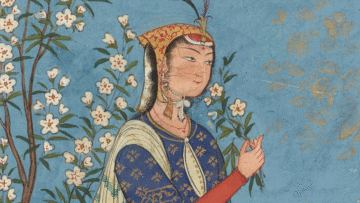Summary
In their book Women, Households, and the Hereafter in the Qur’an: A Patronage of Piety (Oxford UP/Institute of Ismaili Studies, 2024), Karen Bauer and Feras Hamza make a compelling and thought-provoking argument about the role of everyday life in the Qur’an. They aptly demonstrate that the idea of households and women is integral to the salvific message of the Qur’an, to the Qur’an’s understanding of piety and morality, and to Islamic theology. By doing this, the book also makes an important case for the limitations of applying modern ideals and frameworks to the Qur’an, given the 7th century context that sets the stage for the social structures in the text.


